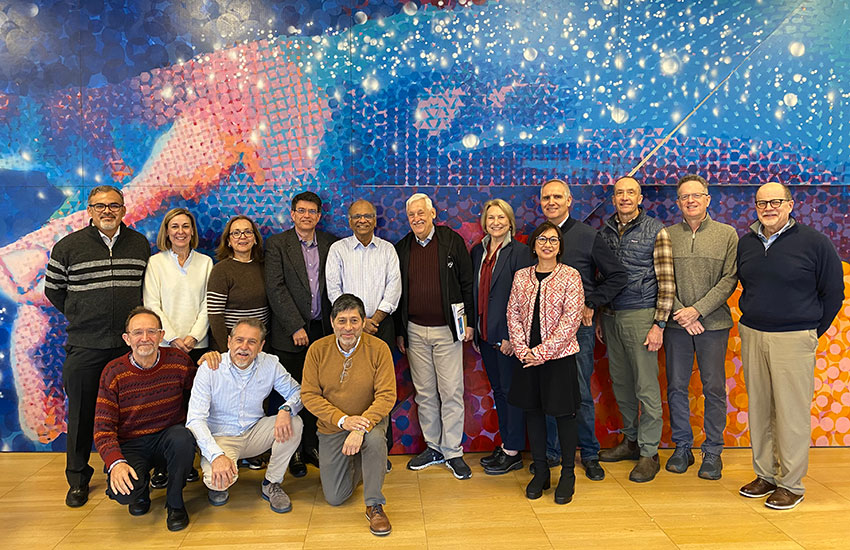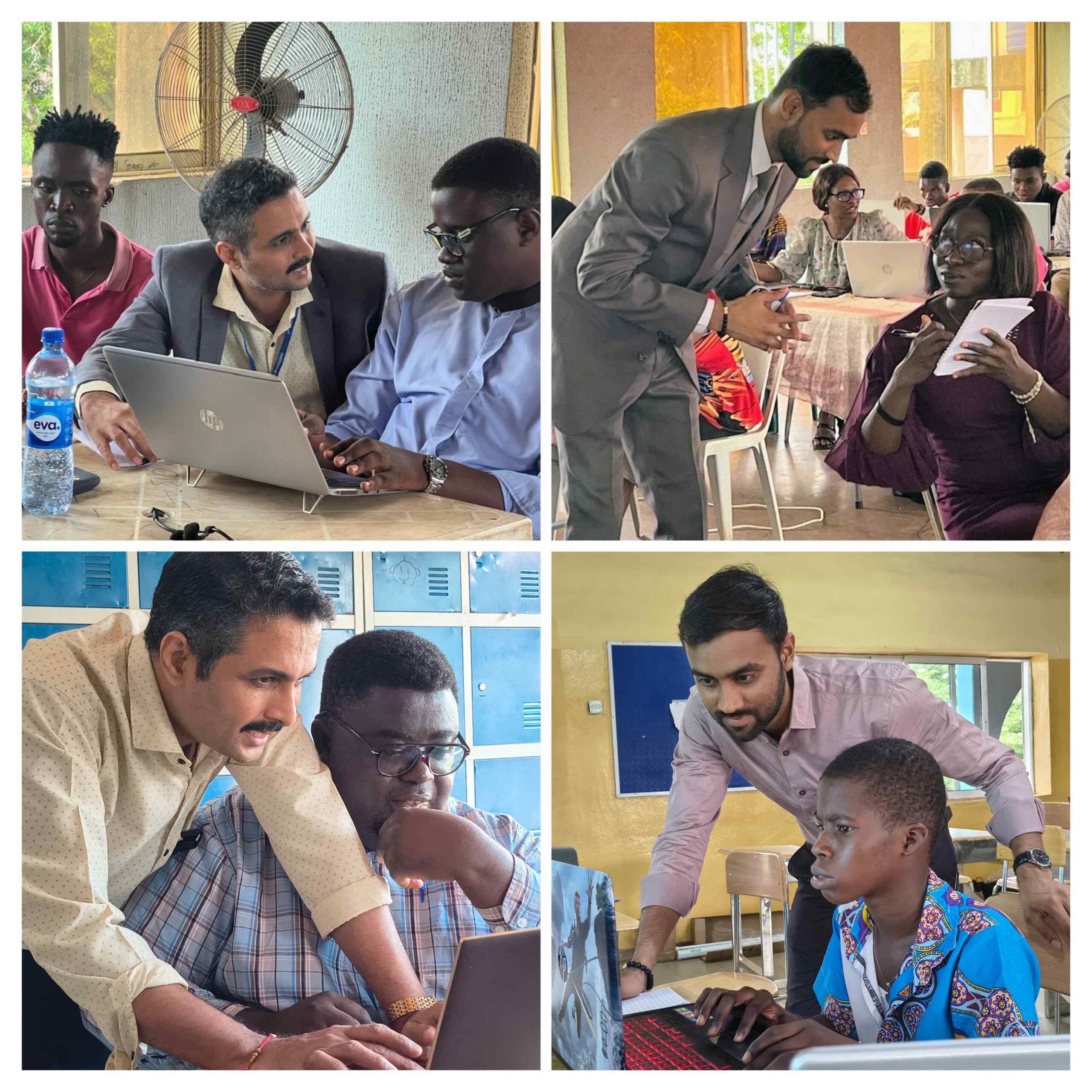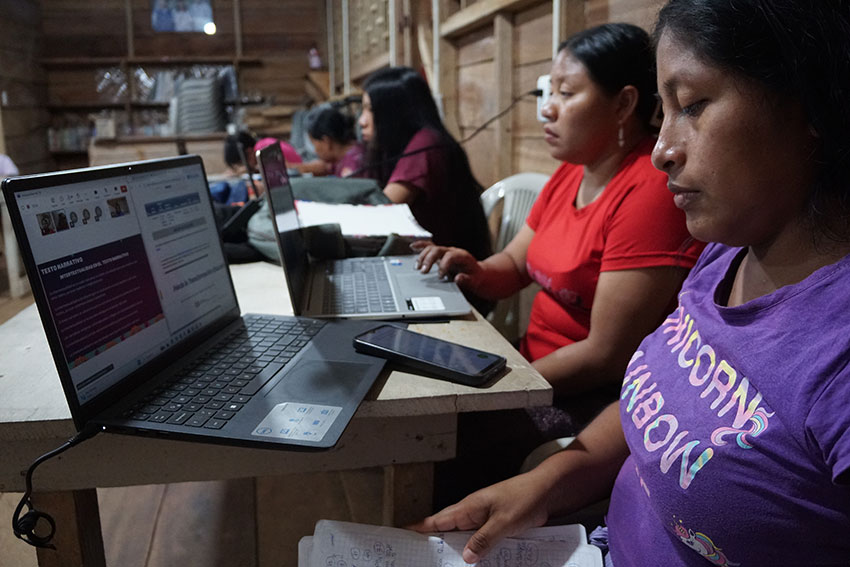Research for Hope: UAPs inspire Jesuit Higher Education to Transform Global Challenges
The international congress “The Jesuit University in the 21st Century: A Project of Hope for the World” concluded in Seville with a powerful demonstration of how research in Jesuit higher education institutions is addressing humanity’s most pressing challenges. Over 300 researchers from Jesuit universities across 32 countries presented groundbreaking studies that position academic inquiry as a cornerstone for fostering global hope.
Hosted by Universidad Loyola from June 4-6, 2025 in collaboration with UNIJES and the Kircher Network and with the support of the International Association of Jesuit Universities (IAJU), the congress featured 260 research presentations spanning Health Sciences, Engineering, Ecology and Sustainability, Theology, Philosophy, Economics, Psychology, and beyond. This diverse portfolio of scientific contributions illustrates the breadth and depth of research emerging from the world’s largest higher education network.
Studies consistently demonstrated concern for vulnerable populations, environmental stewardship, and systemic justice issues. This orientation distinguishes Jesuit research from purely theoretical academic work, embedding scholarly inquiry within broader missions of service and transformation.

Fr Joseph Christie SJ, Secretary for Higher Education at the Jesuit General Curia in Rome.
Joseph Christie SJ, Secretary for Higher Education at the Jesuit General Curia in Rome, emphasized the critical importance of research that generates tangible impact. “We must prioritize practical research that truly helps us achieve our goal of building a world filled with hope”, he declared, challenging researchers to ensure their work transcends academic boundaries to create meaningful change.
The congress revealed fascinating research trends across disciplines. In health sciences, studies examined how spirituality and humanization practices improve both mental and physical well-being, offering evidence-based approaches to holistic care. Engineering and sustainability researchers presented innovative solutions for environmental challenges, with particular emphasis on integrating ecological consciousness into technological development.
Social science research dominated many sessions, with economists, political scientists, and sociologists presenting data-driven analyses of contemporary crises. These studies explored everything from democratic resilience to inequality patterns, providing scholarly frameworks for understanding and addressing global fractures. Legal researchers contributed studies on justice systems and human rights, while psychology research delved into trauma recovery and community resilience.

Interdisciplinary research
The interdisciplinary nature of the research proved particularly striking. Studies frequently crossed traditional academic boundaries, reflecting the complexity of modern challenges that require collaborative approaches. Communication researchers examined misinformation patterns, while theologians explored spiritual responses to contemporary ethical dilemmas. This convergence demonstrated how Jesuit research institutions foster scholarly dialogue across diverse fields.
Nancy Tuchman, founder of Loyola University Chicago’s School of Environmental Sustainability, highlighted the research imperative facing Jesuit institutions. “As the largest educational network in the world, with nearly 180 institutions, our research must address global crises from democracy to climate change”, she stated. Her remarks underscored how research inspired by the Universal Apostolic Preferences and Laudato si’ seeks transformative social change through evidence-based solutions.
Plenary sessions featured distinguished researchers who presented cutting-edge findings on artificial intelligence’s humanizing potential, geopolitical analysis of conflict zones, the role of humanities in higher education, and analysis on the current challenges democracies face.
As researchers returned to their institutions across six continents, they departed with renewed commitment to tackle the enormous challenges that remain. The congress proved that Jesuit universities are producing scholarship that builds hope, yet the complexity of global crises – from climate change to democratic fragility – requires much more collaborative research and transformative action in the years ahead.




